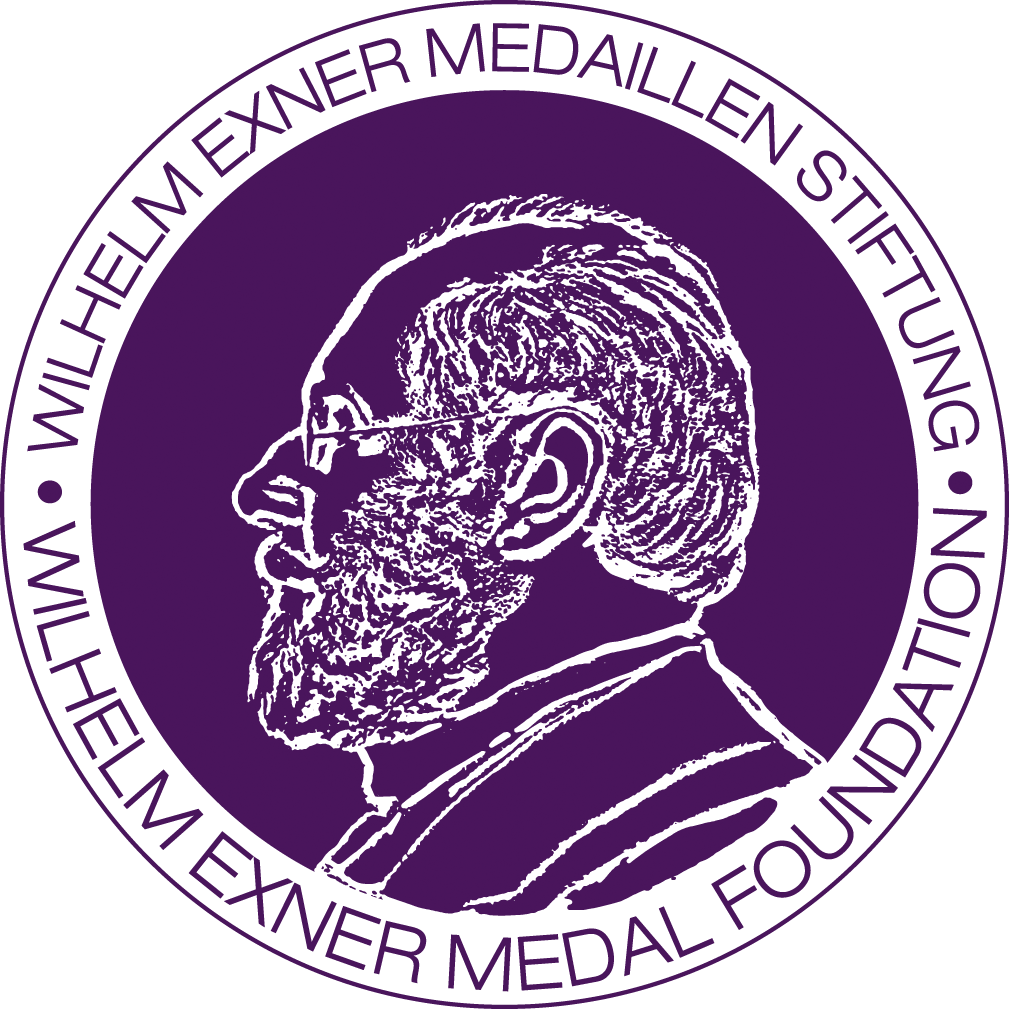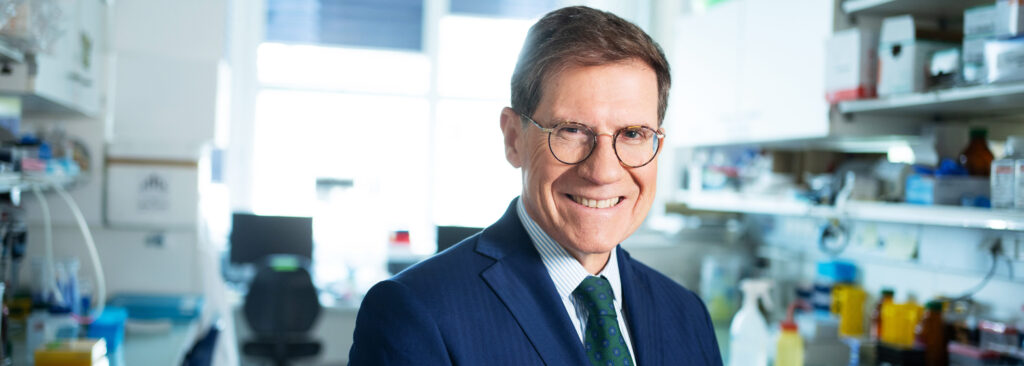20. March 2024
Biological, chemical and societal engineering for all-round innovation
When it comes to innovation, there are no simple recipes. It always boils down to the people involved—their level of freedom, support, and respect for ideas. I have had the privilege of working with research organizations to foster early-career individuals from as diverse cultural backgrounds as possible, encouraging them to dare to formulate solutions that others typically shy away from. Invariably, it begins by alleviating fears. Minds cannot soar if they are burdened by fear—fear of competition, fear of failure, fear of lacking capability and stamina, and fear of being perceived as cultural trespassers. Thus, creating a psychologically safe environment through radical kindness is crucial. Research communities can be designed to value cooperation and ideas. The rest tends to fall into place if the environment provides sufficient basic support.
Each invention that has emerged from my lab was the result of some meeting of minds and areas of competence. This was the case when analysing protein complexes, using human genetics to identify drug targets, inventing a functional precision medicine platform, and focusing on membrane transporters for drug discovery. Membrane transporters, which allow chemical substances to enter and leave biological systems, represent a critical interface between chemistry and biology. By modulating access to one or many chemical ingredients, it is possible to alter the function of biological systems.
In recent years, we have systematically investigated the role of these transporter molecules and have started a biotech company focused on developing drugs that regulate their function. The hope is that by understanding and controlling the traffic of chemical compounds, we will unlock key insights into disease and the flow of matter across ecosystems, heralding a “one health” perspective in biomedicine.
Join the Exner community in 2024
- Get your ticket for the Exner Lectures, May 14th
- Submit your Poster – deadline April 3oth


